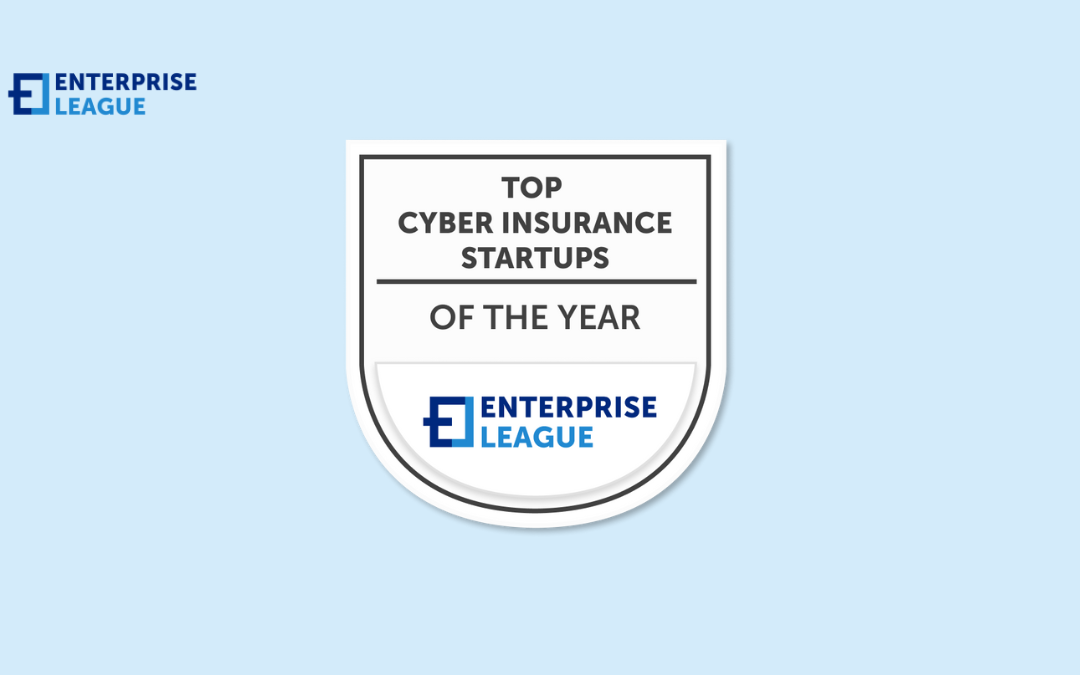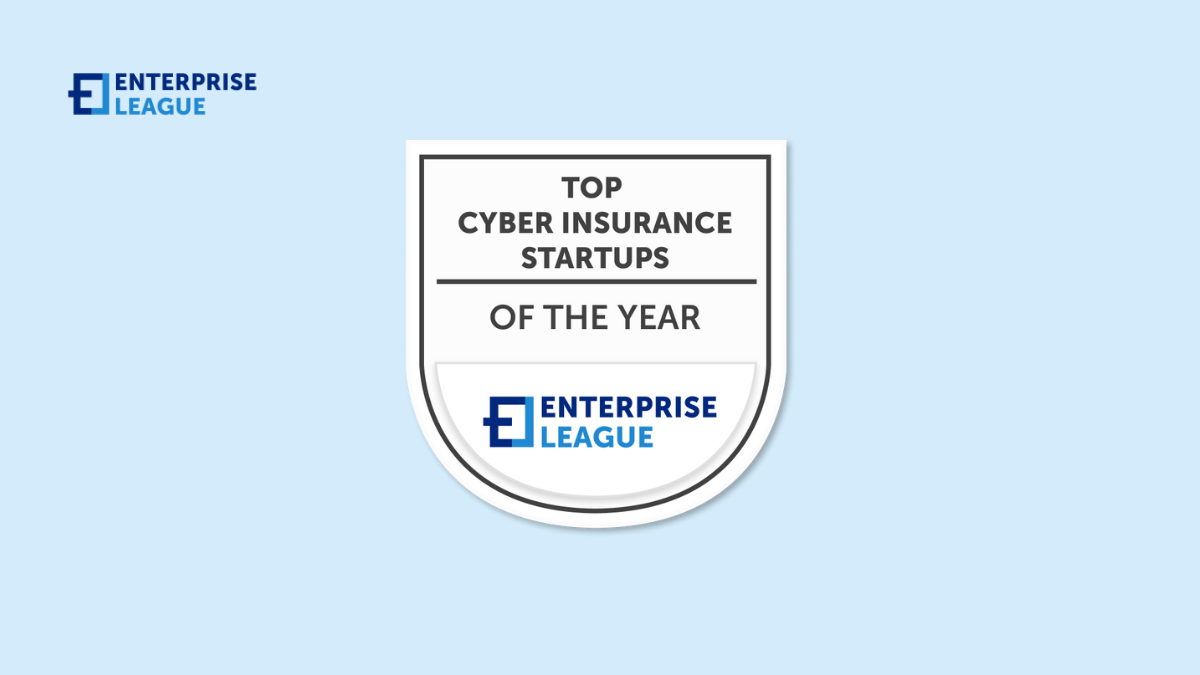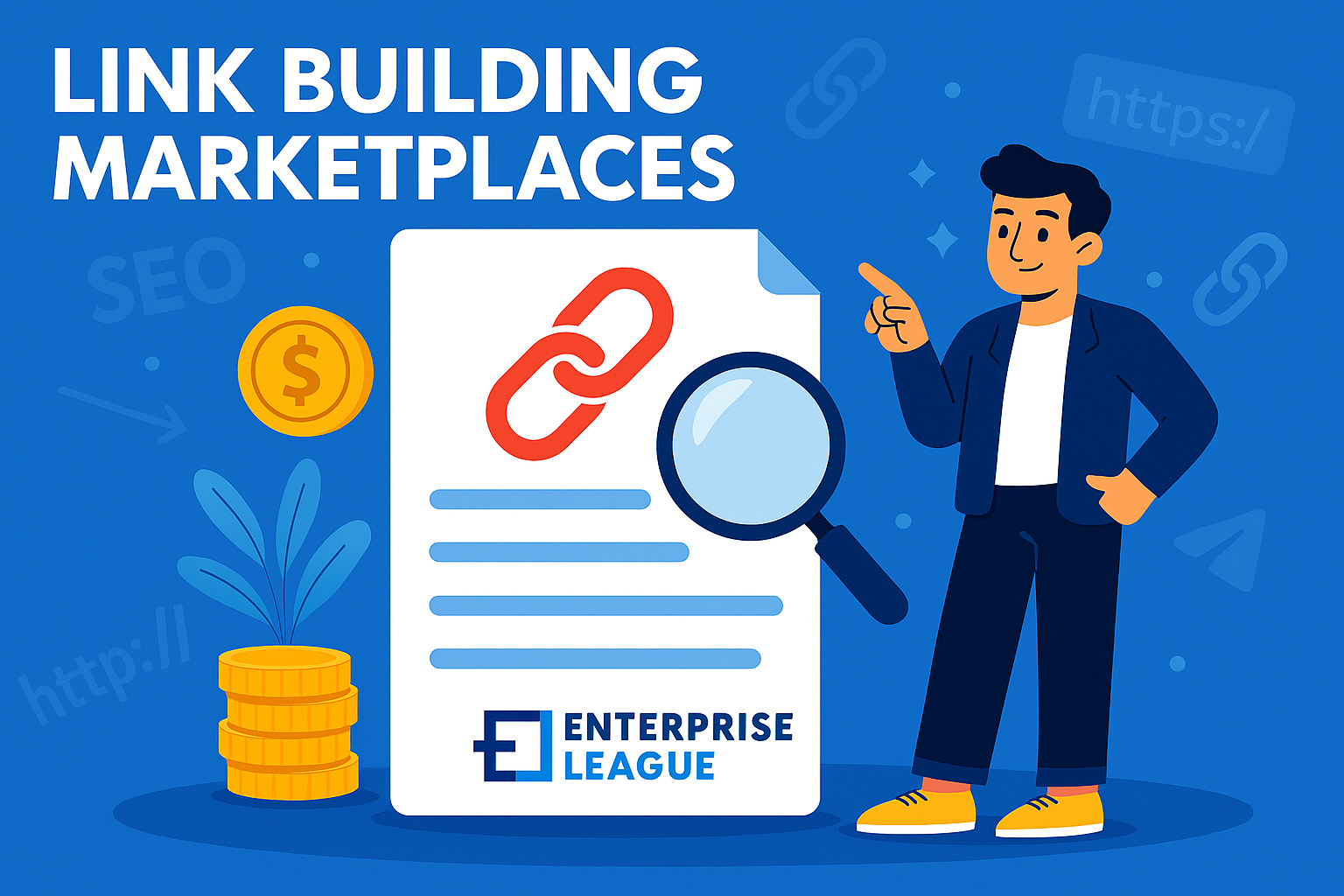This article explains in detail what a SWOT analysis is, what steps to follow in creating a SWOT analysis paper, and in which areas it can be applied.

12 innovative cyber insurance startups to keep an eye on (2025)
Small businesses are getting hit with cyberattacks left and right these days, and many of those can’t afford the sky-high premiums that traditional insurance companies charge for cyber coverage. That’s where cyber insurance startups come in. With a market size predicted to reach 30 billion U.S. dollars by 2027, these cyber-insurance startups quickly conquered their place in an industry that’s been dominated strictly by giant traditional insurers for too long.
Because they are offering more reasonable rates and coverage that makes sense for different-sized companies, these startups are finally making cyber protection available to businesses that used to think it was completely out of reach.
What are cyber insurance startups?
Cyber insurance startups sell policies that help businesses recover financially after hackers strike, covering costs like data recovery, legal fees, and business interruption. They typically use technology to offer more affordable rates than traditional insurers, making digital protection accessible to companies of all sizes.
Top cyber insurance startups
Complete list of the most cyber insurance startups that are worth knowing:
At-Bay
Founded in 2016, At-Bay focuses on protecting businesses against digital risks. Their main goal is to help companies stay safe and successful in today’s technology-driven world. Beyond just standard cyber insurance, they’ve created specialized coverage options that address the unique challenges businesses face online.
What makes At-Bay different is its approach to risk management. Rather than just providing insurance after something goes wrong, it actively monitors client networks for security issues and alerts businesses to potential vulnerabilities. This proactive security scanning helps prevent problems before they lead to costly claims or data breaches.
Resilience
Founded in 2020, Resilience combines cybersecurity tools with specialized insurance coverage. Their technology scans for vulnerabilities in company systems and provides clear assessments of potential threats. This insight allows businesses to fix the most critical weaknesses while getting appropriate insurance for remaining risks.
The Resilience platform gives leadership teams a dashboard view of their risk landscape across different departments and systems. By connecting technical security data with financial impact analysis, they help executives understand complex risks in business terms. Their integrated approach means less time spent on separate risk evaluations.
CyRisk
Founded in 2020, The CyRisk platform uses advanced algorithms to analyze a company’s digital footprint and security practices, then presents findings in clear, actionable dashboards. Their software scans for vulnerabilities across networks, applications, and cloud services to create a comprehensive risk profile without requiring deep technical expertise from users.
What makes CyRisk stand out is its approach to quantifying cyber risk in financial terms. By assigning dollar values to potential threats, they help executives understand the business impact of security gaps and justify investment in protective measures. The software also suggests specific remediation steps ranked by return on investment so teams can tackle the most impactful issues first.
SecurityScorecard
Founded in 2013, SecurityScorecard helps organizations understand their security posture and that of their vendors through an easy-to-read grading system. Their platform continuously scans the internet for signals that indicate security vulnerabilities, giving companies letter grades from A to F based on their cyber health across ten risk factors.
The company’s technology assesses risks without requiring installation on client systems, making it non-invasive and easy to deploy. SecurityScorecard monitors issues like network security, patching cadence, and data breaches, then translates complex technical findings into clear metrics that even non-technical executives can understand and act upon.
Cowbell Cyber
Founded in 2019, Cowbell Cyber uses advanced technology to transform how cyber insurance works for businesses. Their platform continuously scans and assesses a company’s digital footprint to identify vulnerabilities and security gaps that could lead to breaches or attacks. This ongoing monitoring allows for real-time risk assessment rather than the traditional once-a-year insurance review.
Cowbell’s AI engines analyze massive datasets from various sources to create accurate risk profiles for each business. Insurance agents and brokers use their platform to quickly generate quotes tailored to a company’s specific risk factors. When incidents do occur, Cowbell’s system helps streamline the claims process by automatically mapping attack patterns to policy coverage.
CyberCube
Founded in 2015, CyberCube provides cloud-based cyber risk analytics and insurance underwriting solutions for the insurance industry. Their platform helps insurers, brokers, and reinsurers better understand and price digital risks in today’s connected world.
CyberCube’s suite of products includes tools for portfolio management, account-level underwriting, and large-scale risk modeling. Insurance companies use these analytics to set appropriate premiums and understand their accumulated risk exposure across multiple clients and industries. The platform also helps identify emerging threats and attack patterns that could impact policy pricing.
Elpha Secure
Founded in 2018, Elpha Secure takes a unique approach by bundling essential security tools with its insurance coverage. This integrated model helps businesses not just recover from cyber incidents but actively prevent them from happening in the first place. Their software platform includes endpoint protection, email security, and automated security assessments that work together to strengthen a company’s defenses.
What makes Elpha Secure different is how it aligns incentives between protection and coverage. By providing both the security tools and the insurance policy, they can offer more competitive rates to businesses that actively use their security software. Their system also simplifies cybersecurity for small businesses that lack dedicated IT teams by providing user-friendly tools and guided implementation.
BOXX Insurance
Founded in 2018, BOXX Insurance developed a model that goes beyond just paying for damages after cyber incidents occur. Their platform continuously scans for vulnerabilities across a company’s digital presence, identifying weak spots in email security, network protection, and employee practices. These insights help clients strengthen their defenses before attackers can exploit them.
The BOXX insurance policies cover critical areas like ransomware attacks, data breaches, business email compromise, and recovery costs. When incidents do happen, their 24/7 response team guides clients through the crisis, helping with forensics, legal requirements, and reputation management. This hands-on support proves especially valuable for smaller businesses without dedicated IT security teams.
Envelop Risk
Founded in 2016, Envelop Risk analyzes vast amounts of information to understand the evolving cyber threat landscape. Their proprietary algorithms evaluate thousands of factors that might influence a company’s vulnerability to attacks. This data-driven method allows them to offer more accurate pricing than conventional underwriting alone.
Envelop Risk works with reinsurers and insurance carriers rather than selling directly to businesses. Their analytics platform helps insurance partners better understand complex cyber exposures across different industries and regions. By providing deeper risk insights, they enable insurers to offer more competitive and comprehensive cyber coverage to their clients.
Coalition
Founded in 2017, Coalition stands out from traditional insurers by taking a proactive approach. Their technology continuously scans customers’ systems for vulnerabilities, sending alerts about security issues before they can be exploited. This scanning includes checking for outdated software, exposed credentials, and misconfigured settings across a company’s digital footprint.
When cyber incidents do occur, Coalition’s in-house team of security experts springs into action. Available 24/7, these specialists help customers navigate breaches, ransomware attacks, and other digital emergencies. Their rapid response capabilities often reduce claim costs by containing incidents before they escalate into major disasters.
Onsurity
Founded in 2020, Onsurity recognized that while large corporations could easily provide health insurance and wellness programs, startups and small businesses often found these benefits too complex and expensive. Their subscription-based model allows companies to offer healthcare benefits without the administrative burdens or high costs typically associated with employee health plans.
The Onsurity platform combines health insurance with preventive care, teleconsultations, and discounted medicine delivery. Employees access these services through a simple mobile app where they can book doctor appointments, store medical records, and track health parameters. The platform’s monthly subscription format lets businesses scale benefits as they grow rather than commit to large annual contracts.
Koop Technologies
Founded in 2020, Koop Technologies is an insurance technology company specializing in autonomous vehicles, robotics, and emerging technology risks. Their platform provides specialized coverage for the unique challenges posed by self-driving cars, delivery drones, and other automated systems.
Their insurance products cover liability, physical damage, cyber risks, and software failures specific to autonomous technology. Koop’s platform collects and processes operational data from these systems to improve underwriting accuracy and adjust premiums based on actual performance rather than assumptions. This data-sharing approach rewards companies that demonstrate safer autonomous operations with more affordable coverage.
tracts.
Coverdash
Founded in 2022, Coverdash was created to solve the frustrating and time-consuming task of shopping for commercial insurance. Their online portal allows business owners to get quotes for multiple types of coverage in minutes rather than days or weeks. The platform offers policies for general liability, professional liability, cyber insurance, and property coverage tailored to specific industry needs.
What makes Coverdash stand out is its embedded insurance technology that integrates with e-commerce platforms, marketplaces, and business service providers. This allows partners to offer insurance directly within their own platforms, making coverage available exactly when and where businesses need it. Their transparent pricing shows businesses exactly what they’re paying for without hidden fees.
Protectt.ai
Founded in 2020, Protectt.ai focuses specifically on the unique vulnerabilities of mobile applications. Their security tools detect and prevent common mobile threats like reverse engineering, code tampering, and credential theft. The platform continuously monitors apps in real time, identifying suspicious behaviors that might indicate an attack in progress.
Protectt.ai serves clients ranging from financial institutions to healthcare providers. As mobile banking, payments, and sensitive data access increasingly shift to smartphones, their technology helps companies maintain trust with users. With mobile malware and fraud schemes growing more sophisticated each year, Protectt.ai aims to stay one step ahead of attackers targeting the devices we rely on most.
CoverForce
Founded in 2020, CoverForce was created to solve the fragmentation problem in commercial insurance. Before their platform, insurance agents had to log into dozens of different carrier websites, each with unique interfaces and processes for generating quotes and issuing policies. CoverForce consolidates these connections through standardized APIs that enable seamless data flow between systems.
CoverForce has built integrations with over 30 major commercial insurance carriers. Their technology saves insurance agencies countless hours of administrative work while improving accuracy.
Herald
Founded in 2021, Herald recognized that commercial insurance was still largely stuck in manual, paper-based workflows. Their API platform enables brokers to submit one application that can generate quotes from multiple insurance companies simultaneously. This eliminates the need for repeatedly entering the same information into different carrier systems.
The Herald platform standardizes data across the insurance ecosystem, translating information between brokers and carriers that often use different formats and terminology. Their solution handles everything from initial application submission to quote generation and policy issuance. Brokers using Herald can deliver quotes to clients in hours rather than days or weeks.
Trava
Founded in 2013, Trava recognized that smaller businesses face the same digital threats as large enterprises but lack the budget and expertise to defend themselves. Their approach starts with comprehensive risk assessments that identify vulnerabilities across a company’s digital environment. These scans check everything from network security to employee password practices.
Based on assessment results, Trava creates customized security roadmaps that prioritize fixes based on risk level and implementation difficulty. Their platform includes guidance on remediation steps, making complex security concepts accessible to non-technical business owners. For risks that can’t be completely eliminated, Trava connects businesses with cyber insurance options tailored to their specific risk profile.
Inscora
Founded in 2020, Inscora was built to solve the growing complexity of selling cyber insurance policies. Their platform automatically analyzes a client’s digital security posture using advanced scanning tools that identify vulnerabilities in websites, email systems, and network configurations. This assessment provides agencies with detailed risk information without requiring specialized technical knowledge.
The Inscora system simplifies the application process by pre-filling many technical questions that typically slow down cyber-insurance submissions. Insurance agents can generate comprehensive risk reports in minutes rather than days, allowing them to present clients with a clear picture of their cyber exposures and insurance options. Their platform also tracks client security improvements over time to help negotiate better renewal terms.
Conclusion
Now that we’ve reached the very end of this article, we can proudly say that these cyber-insurance startups have a bright future ahead, not just for themselves but for the thousands of small businesses that can finally sleep better at night.
Discover more creative startups that might interest you:
- Innovative legal startups with amazing legal solutions.
- Top media startups that are changing the way the media works in the online world.
- Must-know NFT startups that are on the forefront of this new industry.
- Must-know hvac manufacturing startups that redefine the industry norms.
- Top business intelligence startups that are making waves in the industry.
Related Articles
How to write a SWOT analysis paper (2025)
Managing remote teams: Best practices and tips
Managing remote teams can be a daunting task especially if you’ve worked in an office until recently. However, with these tips and practices, it will become routine soon.
How to start a wholesale business from scratch (2025)
In this article we’re getting to the bottom of how to start a wholesale business even if you have zero experience. Read along and start today!
12 perks of unplugging from social media for entrepreneurs
There are a lot of benefits of unplugging from social media for entrepreneurs. It will not only improve your mental health but can significantly bring value to your business.
26 best apps for entrepreneurs who strive for success (2025)
Level up your business with these 26 apps for entrepreneurs. Increase productivity, improve workflow, mental health, and more with these entrepreneurship apps.























